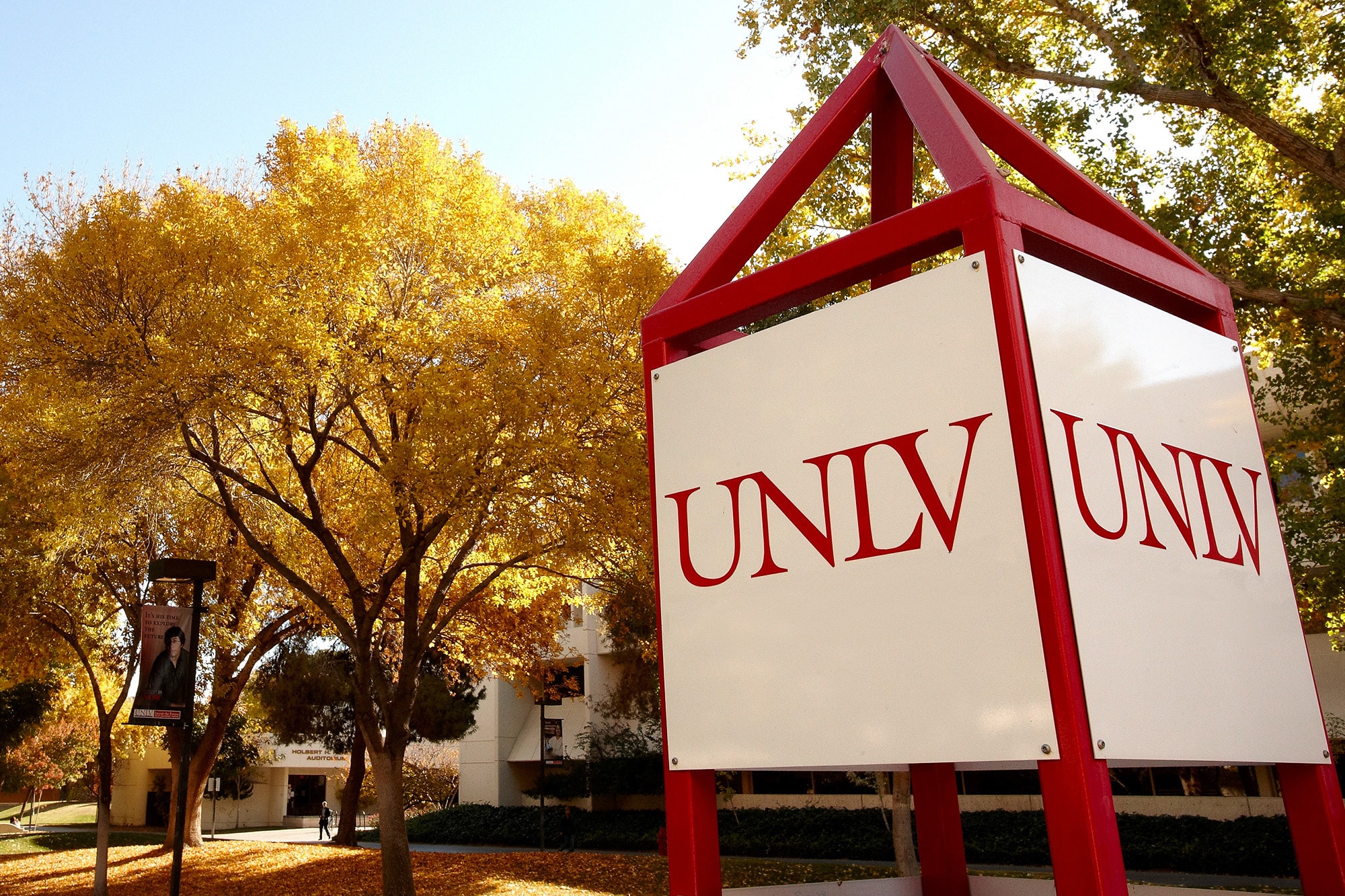A UNLV geology professor will spend the 1996-97 academic year in the former Soviet Union and Eastern Europe working on environmental projects.
Steve Rowland has received a one-year fellowship funded by the American Association for the Advancement of Science (AAAS) to work for the U.S. Agency for International Development (USAID) on a variety of projects, primarily in Russia.
A member of the UNLV geoscience faculty since 1978, Rowland will be on leave from the university while serving as an AAAS Science, Technology, and Diplomacy Fellow.
Rowland is a paleontologist who teaches courses in both geology and environmental studies at UNLV. He is also a frequent leader of extended education trips. He led UNLV's trip to Kenya in 1994 and a trip to Russia in 1989.
At USAID, Rowland will be involved in the administration of projects involving oil and gas production, forestry management, and biodiversity management.
Rowland already has considerable experience in Russia. Just before the Soviet Union disintegrated, he and his family spent the 1990-91 academic year in Novosibirsk, Siberia, where he was a Fulbright Scholar at an Institute of the Soviet Academy of Sciences. He has continuing geologic research projects in Arctic Siberia with Russian colleagues.
"This AAAS Fellowship represents a change in emphasis for me, from studying extinct species to helping prevent species from becoming extinct," Rowland said. "It will give me firsthand experience working on environmental projects in a part of the world with severe problems, many of which are international in scope. I hope to bring this experience back to UNLV to make me a more effective teacher and researcher."
Rowland will be one of 18 Ph.D.-level scientists in this year's AAAS Science, Technology, and Diplomacy Fellowship programs, selected from 159 applications. AAAS, which publishes the widely read weekly scientific journal SCIENCE, is the largest scientific organization in the world. Its fellowship programs are designed to bring more scientific expertise into American public policy decisions and to involve scientists in the work of government agencies.



